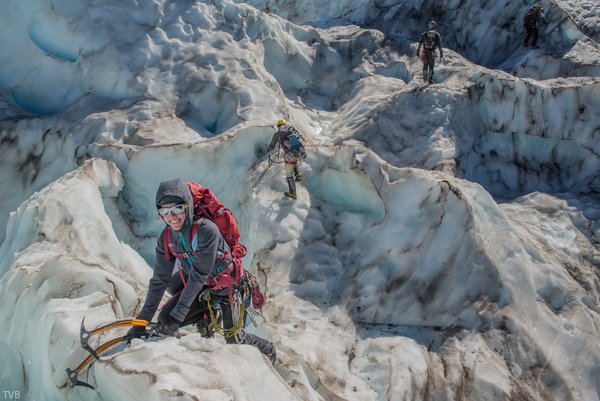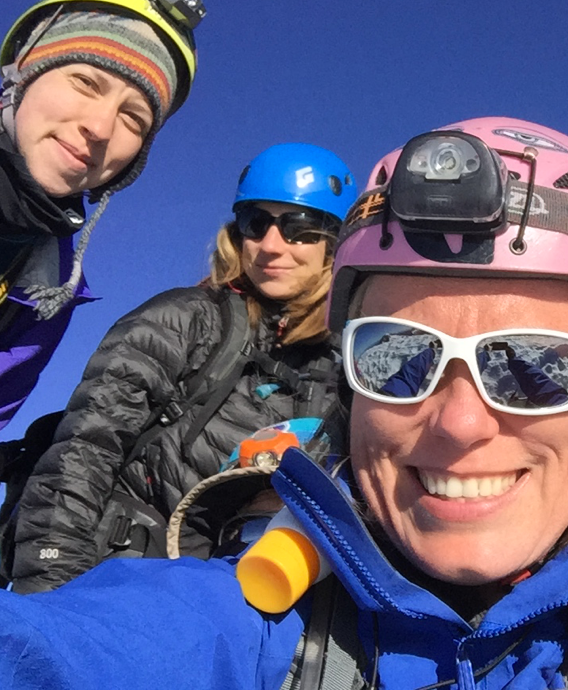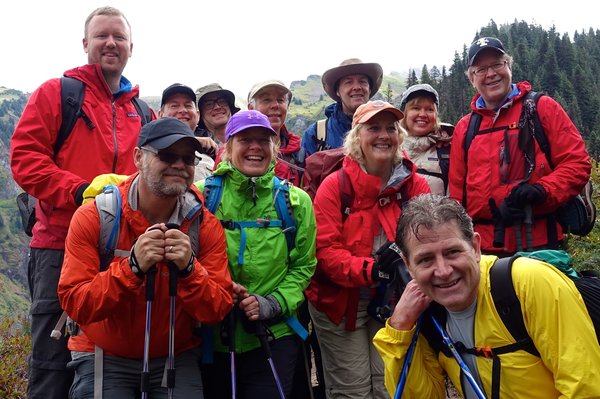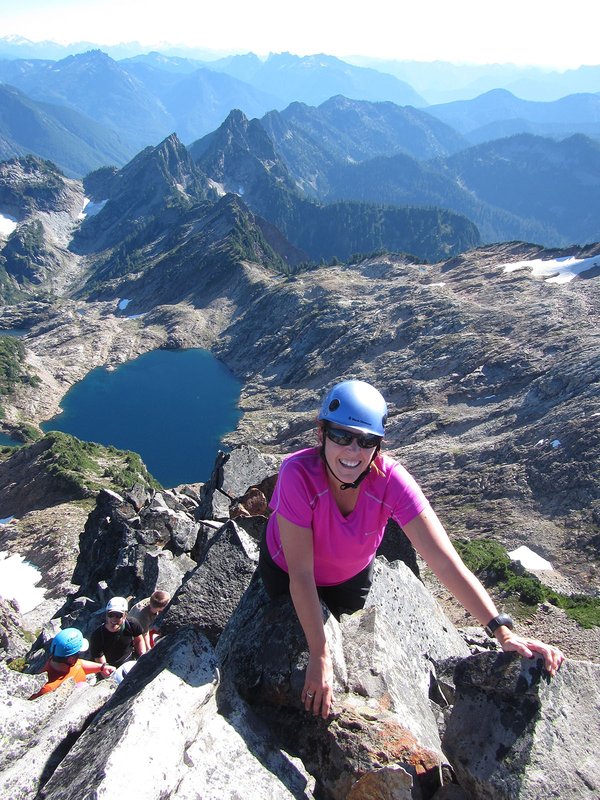Join the Mazama Research Committee for a series of presentations from the past recipients of a Mazama research grant.
--
SPEAKER: Prof. Paige Baugher, Pacific Univ. (Learn more about Paige here!)
TITLE: Acute Mountain Sickness on Mt Rainier: Can we predict who will get sick at altitude?
ABSTRACT: Acute mountain sickness (AMS) is a relatively common altitude illness that can result from exposure to altitudes over 2500 m (around 8000 ft). The symptoms of AMS are largely self-diagnosed, vary from individual to individual both in nature and severity, and include a headache and at least one other symptom such as loss of appetite, nausea, fatigue, or dizziness. AMS occurrence also varies greatly from individual to individual, as it can strike some members of a party and not others on the same expedition. Much work has been done trying to figure out predictive factors that may help prevent AMS at altitude, but much of the data is conflicting. Some studies suggest that certain demographics such as age or sex may be predictive of AMS susceptibility. Other studies suggest there is a link between some forms of certain genes and AMS susceptibility. In this study, we investigated the possible link between sex, height, weight, body mass index (BMI), age, race, tobacco use, alcohol consumption, and two candidate gene variants and AMS susceptibility. To do this, we established a research post at Camp Muir (10,100 feet) up on Mt. Rainier during the summers of 2017 and 2018. We then administered to volunteer participants a demographics questionnaire and an AMS self-diagnosis questionnaire, and we collected a DNA sample from a cheek swab to analyze back in the lab. We found no significant correlation between any of the demographics or gene variants we looked at and AMS susceptibility in the population we studied. Our data suggest that predictive markers for AMS are still a bit of a mystery. Because of the prevalence and potentially debilitating effects of this illness, we feel that further investigation of predictive factors is necessary to pinpoint ways to predict this illness so preventative measures and/or prophylactics can be used.
Register for this Zoom event here!








